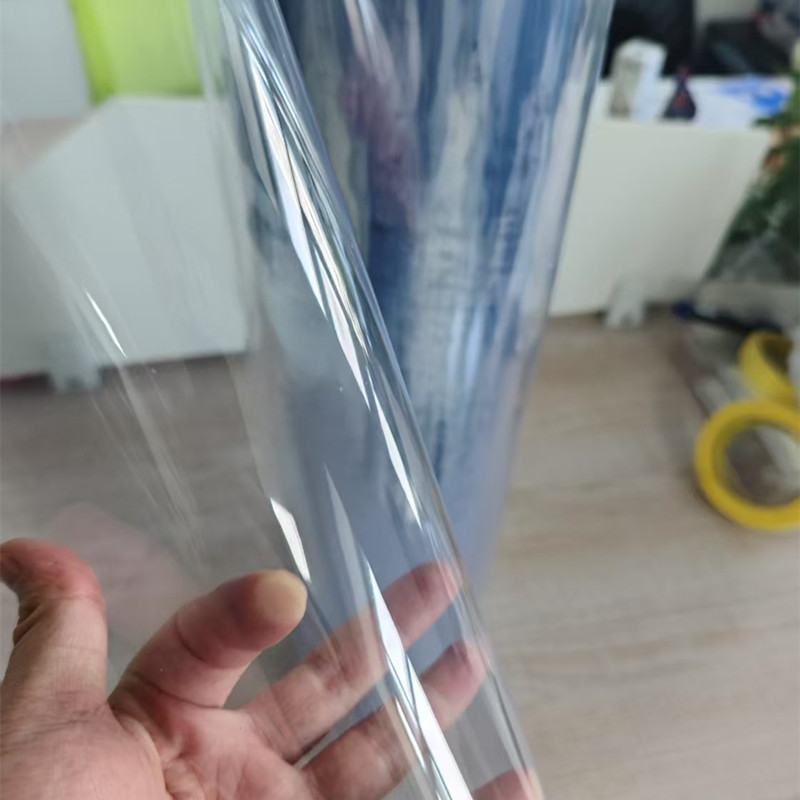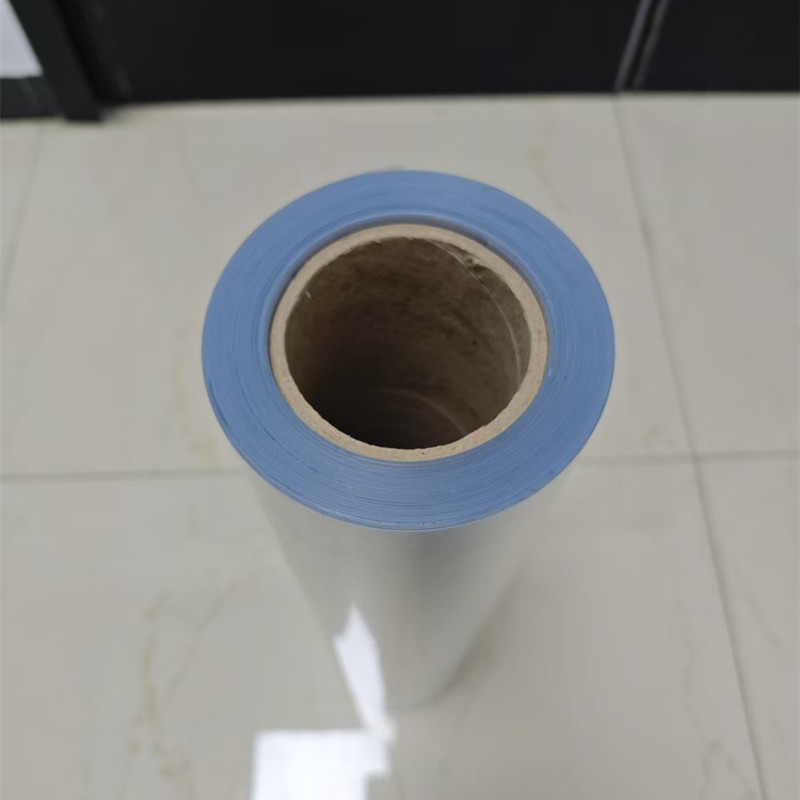PVC sheets, short for Polyvinyl Chloride Sheets, are flat, flexible or rigid thin materials manufactured from polyvinyl chloride resin—one of the most widely used thermoplastic polymers globally. Through processes like extrusion, calendering, or compression molding, PVC resin is blended with additives (e.g., plasticizers, stabilizers, pigments) to form sheets with tailored properties, making them versatile for industrial, commercial, and consumer applications.
PVC sheets stand out for their balanced combination of performance, cost-effectiveness, and adaptability, with key traits including:
Exceptional Chemical Resistance: Resistant to most acids, alkalis, oils, and solvents, making them ideal for chemical storage, lab equipment linings, and industrial workbenches.
Durability & Weather Resistance: Rigid PVC sheets offer high impact strength and dimensional stability, while both rigid and flexible variants resist UV degradation (when formulated with UV stabilizers) and moisture—suitable for outdoor use (e.g., signage, construction cladding).
Easy Processability: Can be cut, drilled, bent, welded, printed, or thermoformed into complex shapes without specialized equipment. This flexibility allows customization for specific designs (e.g., packaging blisters, display stands).
Cost-Efficiency: Compared to alternatives like acrylic, polycarbonate, or metal sheets, PVC sheets are more affordable while maintaining sufficient performance for most non-high-temperature applications.
Hygienic & Low-Maintenance: Non-porous surfaces prevent bacterial growth, and they can be easily cleaned with water or mild detergents—making them popular in food packaging (food-grade PVC) and healthcare settings (e.g., medical tray liners).







